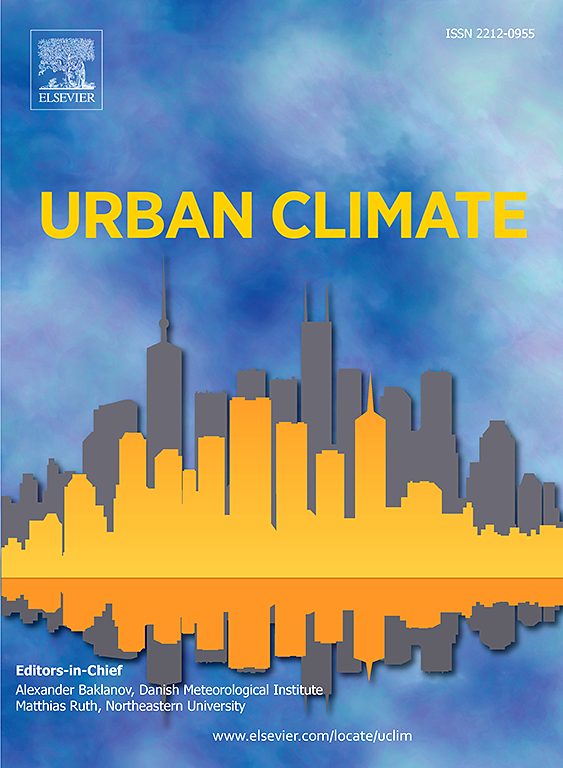Advancing urban resilience: A multi-hazard risk perspective on frontier evolution, research hotspots, and practical exploration
IF 6
2区 工程技术
Q1 ENVIRONMENTAL SCIENCES
引用次数: 0
Abstract
The heightened complexity, severity, and diversity of multi-hazard risks render numerous cities increasingly vulnerable. Existing research predominantly focuses on urban resilience from an individual hazard perspective; however, disasters often result from the interaction, concurrence, and coupling of multiple hazards. A singular perspective is insufficient to capture the complexity of urban responses to multifaceted risks accurately. Therefore, this study explores urban resilience from a multi-hazard risk perspective, analyzing the academic impact of urban resilience research and the practical impact of urban resilience policies. Academically, this study employs bibliometric tools to review, trace, and identify the frontier evolution and key research themes in urban resilience. The analysis of 141 selected publications encompasses 889 keywords, 37 subjects, 95 publication sources, 245 institutions, and 53 countries. Through co-occurrence analysis, clustering analysis, and burst detection, three primary research clusters are identified. Practically, this study conducts a qualitative analysis of 33 internationally renowned urban resilience projects, focusing on five key themes. Based on academic and practical findings, the study identifies key research gaps and proposes valuable future research directions. The outcomes provide theoretical support and decision-making references for addressing key issues in urban sustainable development, holding significant implications for building high-quality, safe, and resilient cities.
求助全文
约1分钟内获得全文
求助全文
来源期刊

Urban Climate
Social Sciences-Urban Studies
CiteScore
9.70
自引率
9.40%
发文量
286
期刊介绍:
Urban Climate serves the scientific and decision making communities with the publication of research on theory, science and applications relevant to understanding urban climatic conditions and change in relation to their geography and to demographic, socioeconomic, institutional, technological and environmental dynamics and global change. Targeted towards both disciplinary and interdisciplinary audiences, this journal publishes original research papers, comprehensive review articles, book reviews, and short communications on topics including, but not limited to, the following:
Urban meteorology and climate[...]
Urban environmental pollution[...]
Adaptation to global change[...]
Urban economic and social issues[...]
Research Approaches[...]
 求助内容:
求助内容: 应助结果提醒方式:
应助结果提醒方式:


